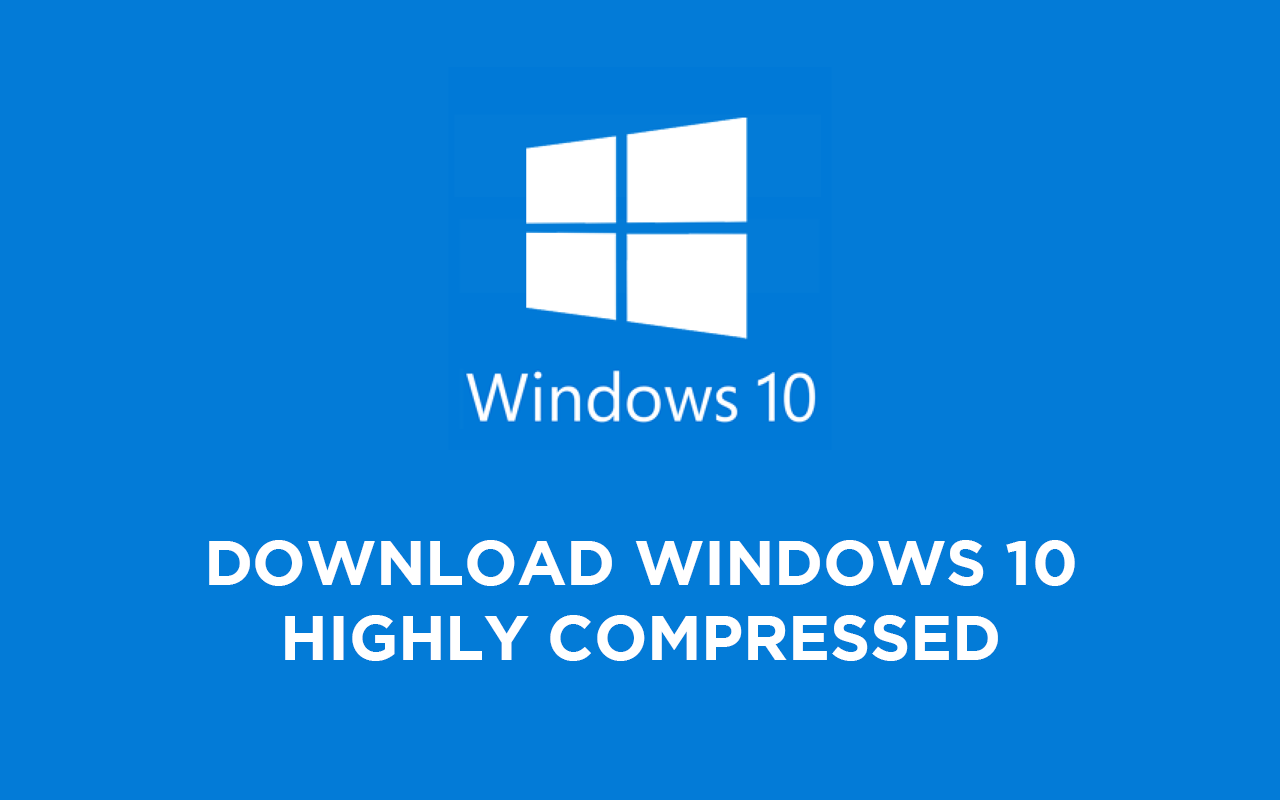Certified Information Systems Security Professionals (CISSPs) are in great demand in the cybersecurity industry because of the unique skills they bring to defend businesses from new and emerging cyberattacks. Nevertheless, it can take time to grasp the complex and nuanced nature of the aspects that impact CISSP’s salary and compensation packages. There are several advantages to working in the cybersecurity field with a CISSP Certification. Explore the CISSP Salary landscape, identify the crucial elements impacting earnings, and gain insights about maximising compensation in cybersecurity operations with this blog.
Table of Contents
Factors Affecting CISSP Salary
The CISSP salary landscape is variable and dependent on industry, region, education level, and years of experience. With variances depending on geographic region and job role, CISSP-certified professionals earn an average yearly salary of $126,770 globally, according to the ISC² 2021 Cybersecurity Workforce Study. Nevertheless, CISSP salaries and compensation packages are affected by several factors.
Experience
The amount of money a CISSP can expect to make heavily depends on their experience level. Cybersecurity experts with more years under their belts can usually expect to earn more money. While entry-level CISSP professionals may face lower starting compensation than seasoned colleagues, they can anticipate substantial salary increases as they acquire more competence and advance in their careers.
Education and Credentials
Earning a bachelor’s degree, master’s degree, or other credential might help boost a CISSP’s compensation. Earning potential is better for cybersecurity professionals with master’s or doctoral degrees and those with related areas of study. Another way to boost your income potential is to possess numerous certificates, like CISSP and others like Certified Ethical Hacker (CEH), Certified Information Security Manager (CISM), or Certified Information Systems Auditor (CISA).
Geographic Location
The pay of a CISSP can vary significantly from one place to another. Due to greater demand and competition, cybersecurity specialists in major metropolitan regions and technological hubs typically command higher wages. Professionals possessing the CISSP credential may also be eligible for better pay in areas where cybersecurity firms and government agencies are more numerous.
Industry Sector
An individual’s income may be affected by the industry sector in which they work if they are CISSP-certified. Banking, healthcare, government, and IT companies are known to provide CISSP-certified cybersecurity experts with competitive pay and benefits packages. Salaries can be impacted by the degree to which an industry must comply with regulations and the prevalence of cybersecurity threats in that sector.
Work Responsibilities
A CISSP-certified professional’s income highly depends on the nature and scope of their work. Salaries for top-level security positions, such as CISO, security architect, consultant, or incident responder, tend to be greater than those for entry-level or mid-level positions. Leaders, people in charge of big-picture decisions, and risk managers may also command a premium pay rate.
Company Size and Type
Earnings for CISSPs are affected by factors such as the size and kind of the organisation. Large organisations, government agencies, and banks tend to provide better compensation and benefits than smaller and medium-sized businesses. Also, owing to the specialised knowledge and strong demand for services, working for a consulting company or firm focusing on cybersecurity could lead to higher pay.
Market Demand and Supply
CISSP’s salary is affected by the cybersecurity employment market’s supply and demand. Salaries for cybersecurity professionals might rise due to fierce competition for a small pool of skilled candidates and the high demand for their services. Certified Information Systems Security Professionals (CISSPs) and other professionals with in-demand abilities and credentials may find themselves negotiating better salaries and more employment offers.
Economic Factors
Pay and benefits for CISSPs are sensitive to macroeconomic factors and industry developments. Economic downturns or recessions can hurt CISSPs’ career prospects and wage negotiations due to hiring freezes, layoffs, or lower salary budgets. On the flip side, CISSPs may find more demand and attractive compensation offers during economic development and increasing investment in cybersecurity.
Maximizing CISSP Salary and Compensation
Professionals in the cybersecurity field can adopt the following measures to increase their earning potential, even if CISSP salary levels are affected by various factors:
Continuous Learning and Skill Development
Keep up with the newest cybersecurity trends, technology, and best practices by consistently learning and improving your skills. You can further your knowledge and skills in cybersecurity by joining online networks, attending conferences and workshops, and pursuing advanced certifications.
Network and Build Relationships
Opening doors to new prospects and higher-paying roles can be achieved through networking with peers, industry experts, and hiring managers. To network with other cybersecurity experts and possible employers, join relevant professional organisations, participate in online forums and groups, and use social media.
Seek Mentorship and Guidance
Find an experienced cybersecurity professional or mentor who can help you by sharing their knowledge and experiences with you. Make educated judgements regarding wage negotiations and job advancement by learning from their experiences, seeking comments on your career goals, and leveraging their insights.
Develop Leadership and Soft Skills
In addition to your technical knowledge, you should work on honing your leadership, communication, and soft skills; these are all highly prized in cybersecurity. Strong communication, problem-solving, and leadership skills facilitate standing out from the competition and being eligible for higher-paying leadership positions.
Negotiate Effectively
To be a good negotiator, you should look at the cost-of-living statistics, average salaries for similar positions in your area and industry, and benchmarks in your field before negotiating a wage or accepting a job offer. Clear your value proposition to prospective employers and negotiate a salary commensurate with your experience and accomplishments.
Conclusion
Being CISSP certified shows you are a cybersecurity expert committed to keeping your organisation safe from cyber-attacks. Proactive efforts can help professionals maximise their earning potential and improve their careers in the cybersecurity business, even though CISSP compensation varies according to aspects like experience, education, region, industry, and work function.
Professionals who acquire the CISSP credential have proven themselves capable of significantly contributing to cybersecurity initiatives within organisations while earning competitive salaries through hard work, dedication, networking, and skill development in leadership and negotiation.











![How to Unlock Bootloader without PC On Android [2022]](https://cracktech.net/wp-content/uploads/2019/02/unlock-boot.png)